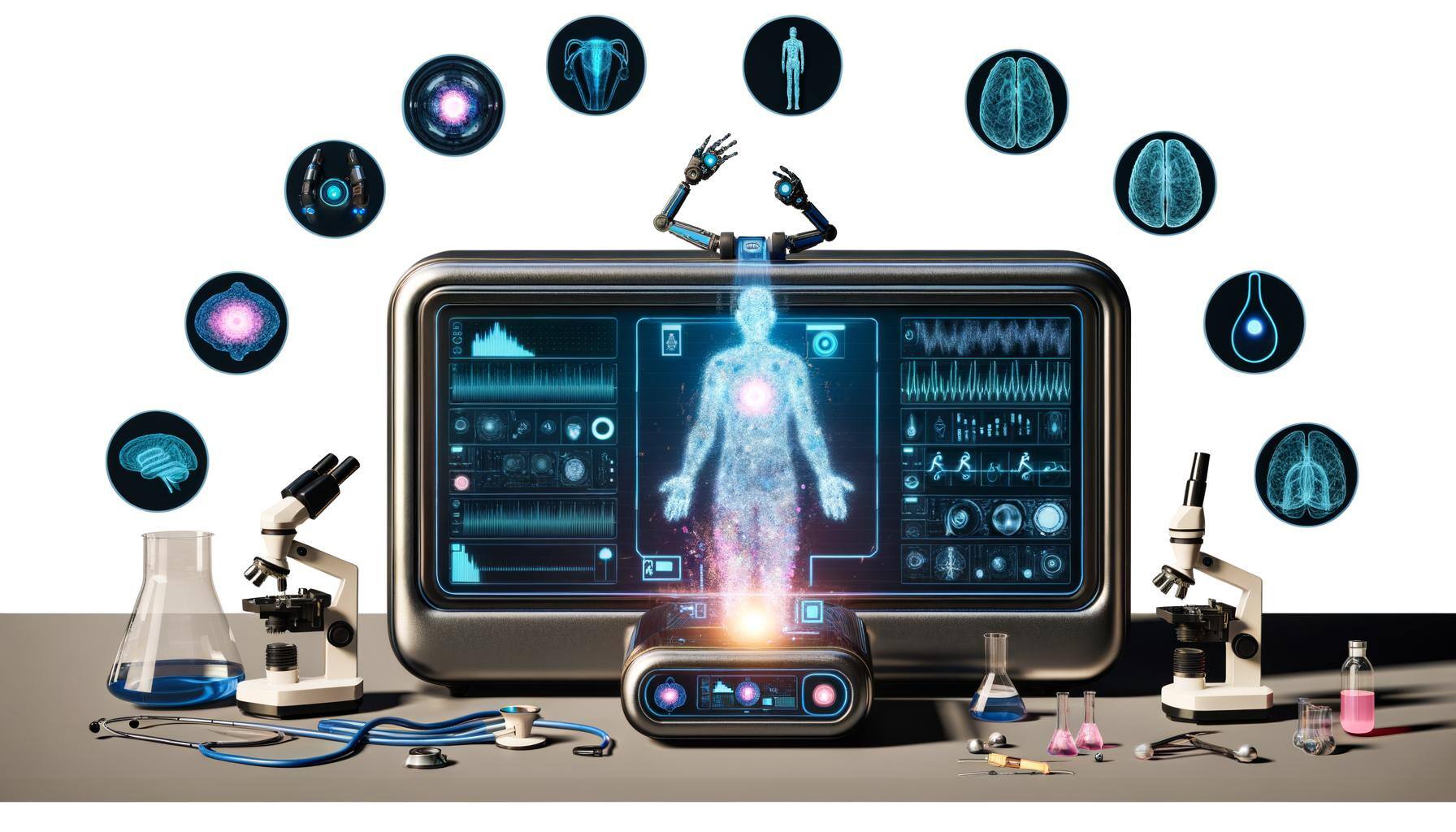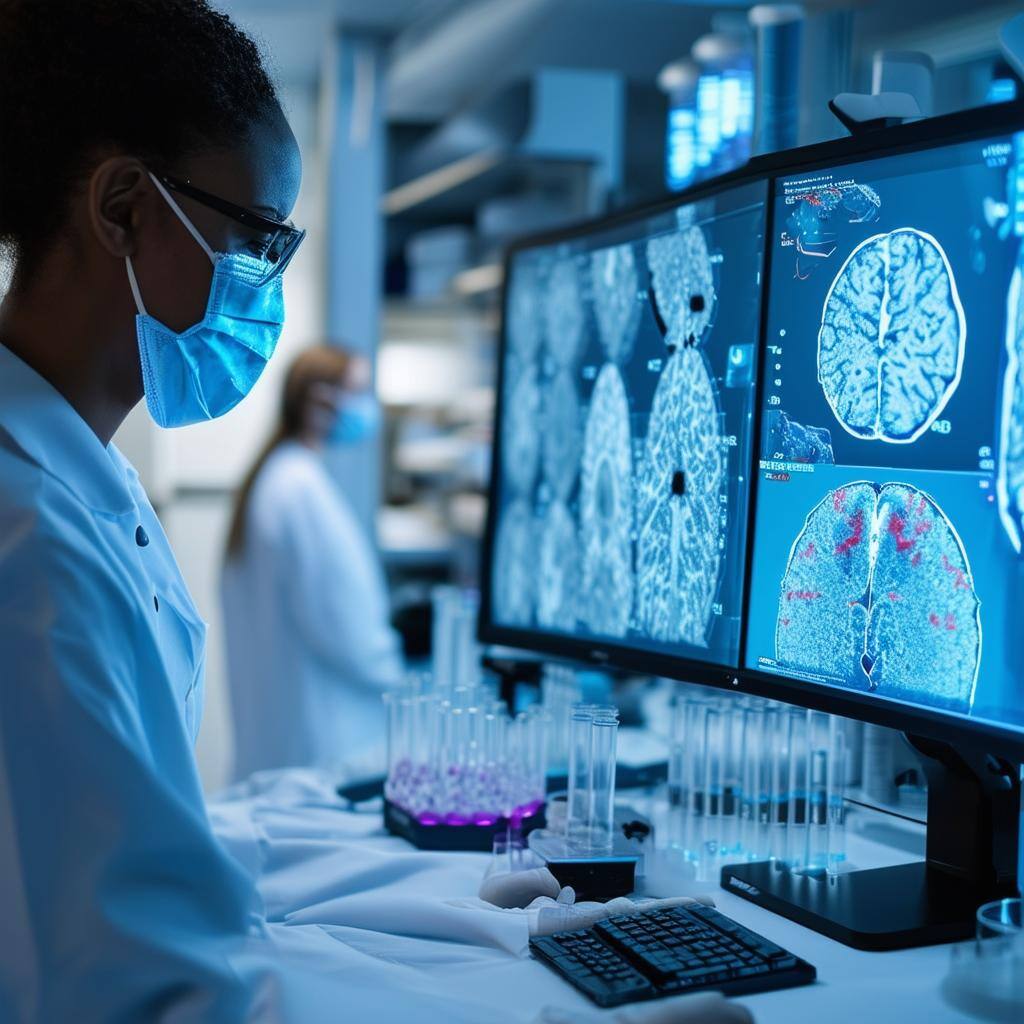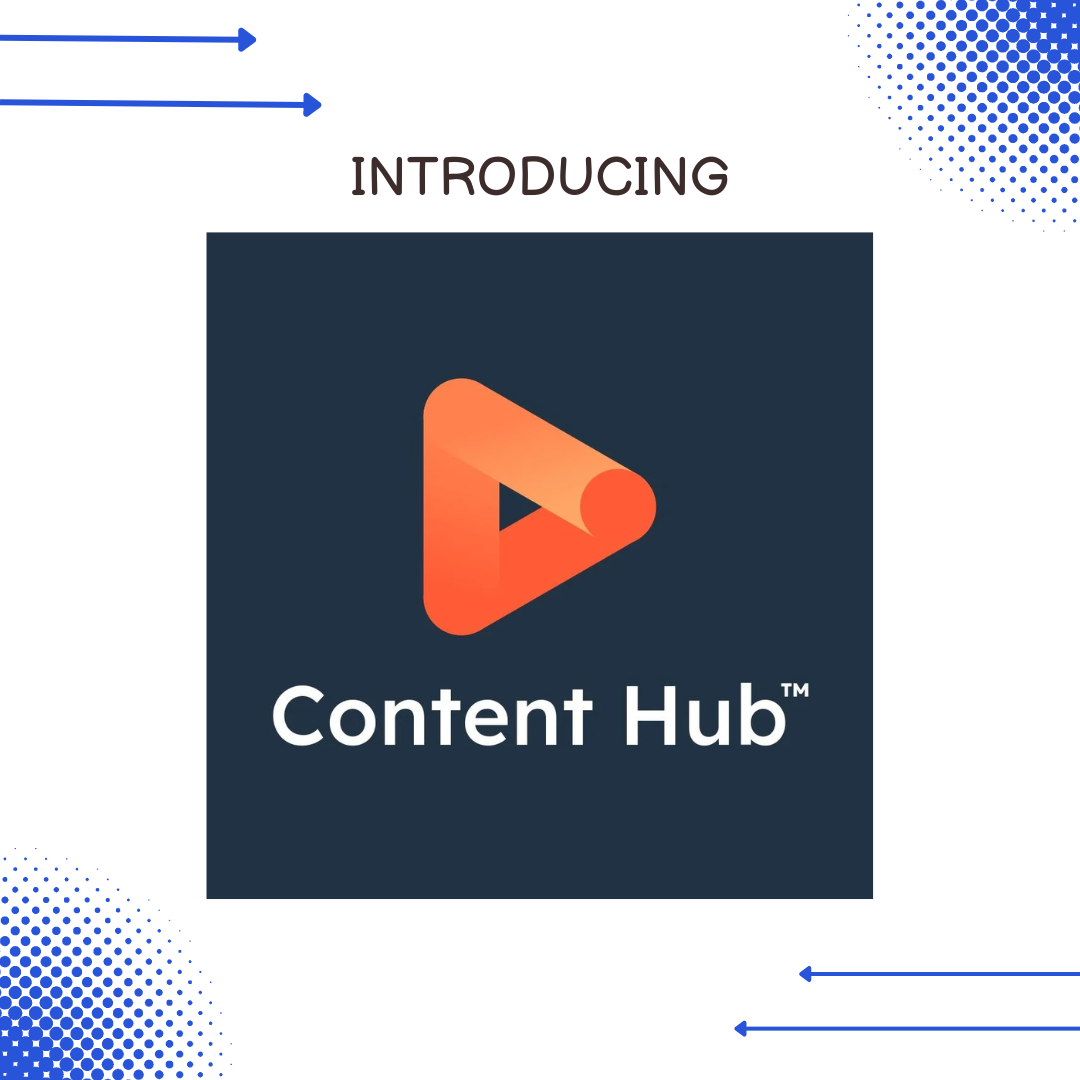
Artificial Intelligence (AI) is revolutionizing the healthcare industry, offering transformative solutions from predictive analytics to automation. For medical device manufacturers and distributors, understanding the latest AI trends is crucial to staying competitive.
This comprehensive guide explores how AI is reshaping healthcare and what it means for your organization.
Card title
Some description text to go into more detail.
Understanding AI in Healthcare
What is AI?
According to a recent HubSpot article, artificial intelligence refers to the use of computer systems to perform tasks that typically require human intelligence. These tasks include visual perception, speech recognition, translation, decision-making, and problem-solving. AI combines large sets of data with intelligent algorithms to learn from patterns and features within the data being analyzed.
While we humans tend to get tired of doing the same task over and over, AI can run through thousands of tasks repeatedly, testing and measuring its own performance to gain additional expertise and thereby improving its performance in a short amount of time.
Benefits of AI for Medical Device Manufacturers
AI offers significant benefits to medical device manufacturers, transforming how products are developed, manufactured, and distributed. Among the key benefits of AI for medical device manufacturers, it is included:
- Enhanced Product Development: AI algorithms can analyze vast datasets from clinical trials and research, identifying trends and insights that inform the development of innovative medical devices.
- Improved Quality Control: AI-powered quality control systems can detect defects in products with high precision, ensuring that only the highest quality devices reach the market.
- Streamlined Manufacturing: AI can optimize manufacturing processes by predicting maintenance needs, reducing downtime, and enhancing overall efficiency.
- Market Insights: By analyzing market data and trends, AI can help manufacturers anticipate demand for specific products, allowing for better planning and resource allocation.
Card title
Some description text to go into more detail.
AI-Powered Forecasting in Healthcare
Accurate forecasting is vital for healthcare organizations to efficiently manage resources, anticipate patient needs, and plan for future demands. AI-powered forecasting models can analyze historical patient data, demographics, and public health information to predict trends and disease patterns. This enables healthcare providers to optimize staffing levels, allocate resources effectively, and prepare for potential outbreaks or epidemics.
Additionally, AI can aid manufacturers of medical supplies and devices in predicting healthcare needs for specific products, allowing them to ramp up or hold off on manufacturing specific items and alerting distributors to anticipate changes in inventory needs for their healthcare customers.
Optimizing Logistics with AI
Efficient logistics is crucial in the healthcare industry to ensure timely delivery of medications, medical supplies, and equipment. AI can optimize logistics by analyzing data from various sources, including real-time inventory levels, transportation routes, and demand patterns. By leveraging this information, AI algorithms can determine the most cost-effective and efficient routes for transportation, reducing delays and enhancing supply chain performance.
Furthermore, AI-powered systems can automate inventory management, ensuring the delivery of critical supplies while minimizing waste and over-stocking. This streamlines operations and enables healthcare providers to deliver quality care without interruptions or expired inventory.

Detecting Supply Chain Anomalies with AI
Supply chain disruptions in healthcare can have severe consequences on patient care and safety. AI can play a vital role in detecting anomalies within the supply chain by analyzing data from multiple sources, such as supplier performance, inventory levels, and demand fluctuations. By identifying potential issues in real-time, AI systems can alert healthcare organizations, enabling them to take proactive measures to mitigate risks, maintain supply continuity, and ensure patient safety.
AI can also predict potential disruptions, allowing manufacturers and distributors to implement contingency plans before problems arise. This foresight ensures a resilient supply chain capable of adapting to unexpected challenges.
AI-Based Lead Generation for Healthcare
Generating high-quality leads is crucial for patient acquisition, clinical trial recruitment, and marketing campaigns in the healthcare industry. AI-based lead generation tools can analyze patient data, online behaviors, and demographic information to identify individuals who are most likely to engage with healthcare services or participate in clinical trials. This targeted approach improves the efficiency of marketing efforts, increases conversion rates, and optimizes resource allocation.
By leveraging AI, healthcare organizations can streamline their marketing processes, focusing on leads that are more likely to convert, thus maximizing the return on investment for their marketing campaigns.
Card title
Some description text to go into more detail.
Challenges and Ethical Considerations of AI
While the benefits of AI in healthcare are vast, there are also significant challenges and ethical considerations that need to be addressed. Based on HubSpot’s experts opinion, these are the biggest challenges and ethical considerations when it comes to AI:
- Data Privacy: Protecting patient data is paramount. AI systems must comply with regulations like HIPAA to ensure patient information is secure.
- Bias and Fairness: AI algorithms can perpetuate biases present in the training data, leading to unfair outcomes. It's essential to develop and implement AI systems that are transparent and fair.
- Ethical Use: The deployment of AI in healthcare must consider ethical implications, such as the potential for AI to replace human jobs and the need for informed consent when using AI-driven diagnostic tools.
- Regulatory Compliance: AI systems must adhere to strict regulatory standards to ensure their safety and efficacy in healthcare applications.
Embracing AI in Healthcare
AI is no longer just a buzzword in the healthcare industry; it is a reality that is transforming how healthcare organizations operate. By staying informed and embracing these trends, healthcare organizations can provide better care, improve patient outcomes, and ultimately save lives. Embracing AI involves not only leveraging its technological benefits but also addressing the challenges and ethical considerations it presents.
As a healthcare organization, adopting AI technologies can automate routine tasks, optimize workflows, and provide personalized care to patients. However, it's crucial to strike a balance between utilizing AI and protecting patient data and privacy.
Contact us today to learn more about how AI can revolutionize your medical device manufacturing and distribution processes and help you stay ahead of the curve in the ever-evolving healthcare landscape.



